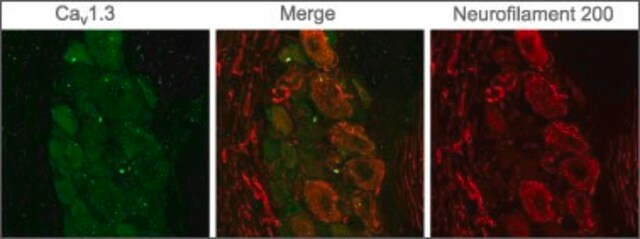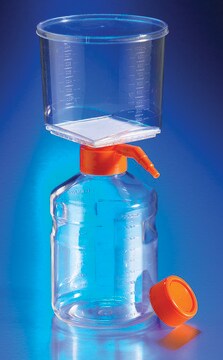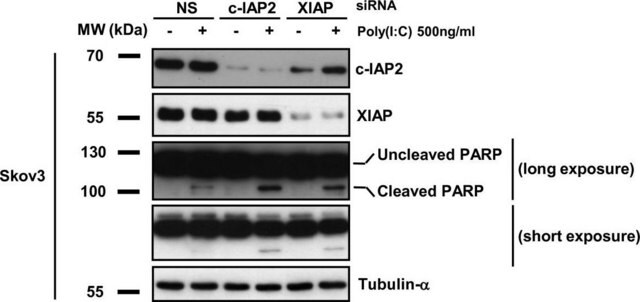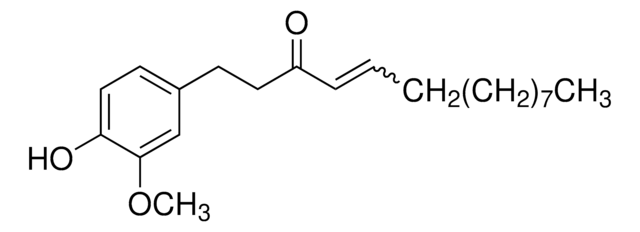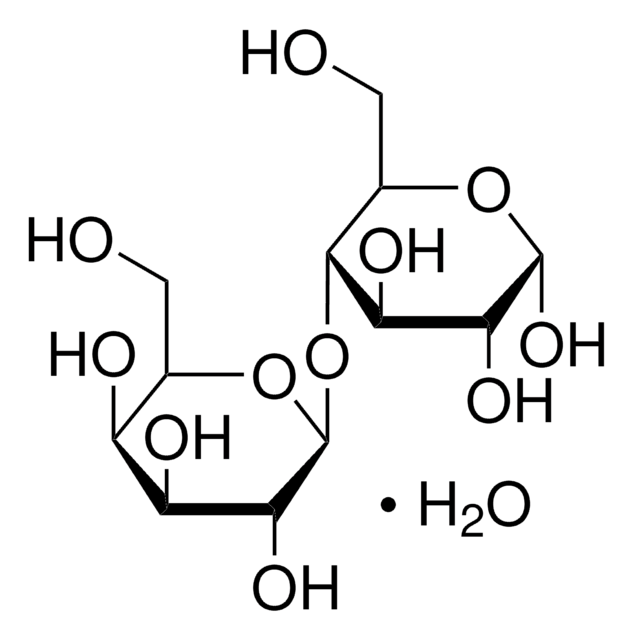A274
Monoclonal Anti-H+/K+ ATPase (β Subunit) antibody produced in mouse
clone 2G11, ascites fluid, buffered aqueous solution
About This Item
Productos recomendados
biological source
mouse
Quality Level
conjugate
unconjugated
antibody form
ascites fluid
antibody product type
primary antibodies
clone
2G11, monoclonal
form
buffered aqueous solution
mol wt
antigen 60-80 kDa (glycosylated form)
species reactivity
pig, mouse, rabbit, rat, bovine, ferret, canine
technique(s)
immunohistochemistry (frozen sections): suitable
indirect immunofluorescence: 1:2,000
western blot (chemiluminescent): 1:4,000
isotype
IgG1
UniProt accession no.
shipped in
dry ice
storage temp.
−20°C
target post-translational modification
unmodified
Gene Information
mouse ... Atp4b(11945)
rat ... Atp4b(24217)
General description
Immunogen
Application
Western Blotting (1 paper)
Physical form
Disclaimer
¿No encuentra el producto adecuado?
Pruebe nuestro Herramienta de selección de productos.
Storage Class
10 - Combustible liquids
wgk_germany
WGK 1
flash_point_f
Not applicable
flash_point_c
Not applicable
ppe
Eyeshields, Gloves, multi-purpose combination respirator cartridge (US)
Elija entre una de las versiones más recientes:
¿Ya tiene este producto?
Encuentre la documentación para los productos que ha comprado recientemente en la Biblioteca de documentos.
Nuestro equipo de científicos tiene experiencia en todas las áreas de investigación: Ciencias de la vida, Ciencia de los materiales, Síntesis química, Cromatografía, Analítica y muchas otras.
Póngase en contacto con el Servicio técnico
